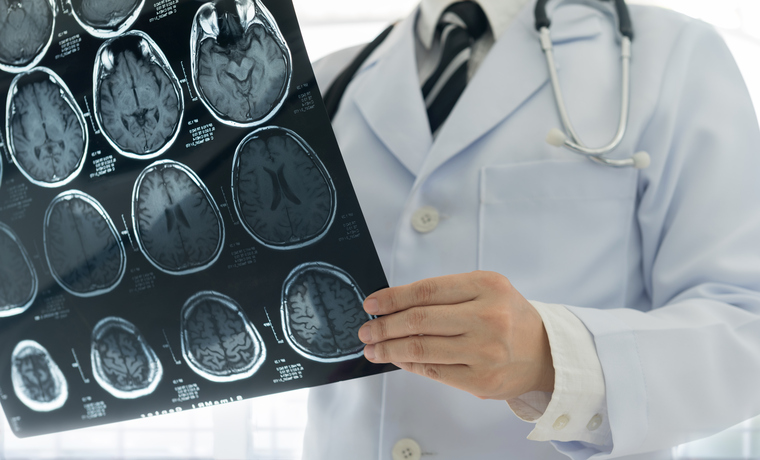
If you are involved in care proceedings following an injury to your child, there is likely to be a lot of discussion over which medical experts should be instructed to assist the court in deciding what injuries are present and whether the injury was non-accidental or not. Here is a brief overview of the main types of expert available and when you might need them.
Neurosurgeon – a neurosurgeon may be used where there is bleeding on the brain. In clinical practice they look after children with severe head injuries and carry out surgery when necessary. Subsequently, they see the inside of a child’s head on a regular basis as well as seeing the child in person. They are able to comment on the presentation of a child with injuries as well as causation, mechanism and timing. Your child does not need to have had surgery for a neurosurgeon to be instructed.
Neuroradiologist – similar to a neurosurgeon, a neuroradiologist is involved in the care of children with head injuries. The difference between them is that a neuroradiologist primarily looks at the scans performed on the child (head x-ray, CT and/or MRI) and decides what treatment path they should follow or who they should be seen by. A neuroradiologist does not usually see the child. They can assist the court by identifying exactly what injuries are present in the head, comment on timing and mechanism but they cannot really deal with the child’s presentation.
Ophthalmologist – an ophthalmologist looks at the eyes. They are usually instructed when retinal haemorrhages are suspected or present but can also be involved where there are subconjunctival haemorrhages or other injuries to the eye. They will be able to deal with the nature of the injuries as well as timing, mechanism and presentation.
Radiologist – a radiologist deals with the skeleton and any bony injury. They will look at x-rays and comment on the presence of fractures or irregularities in the bone (including any radiological evidence of brittle bone or rickets). They can assist the court with timing and mechanism of injury.
Paediatrician – specialising in the medical care of infants and children, paediatricians are usually instructed if there are external injuries such as bruises, burns, etc or if there is a concern of fabricated or induced illness. They will also often provide an overview opinion on complex cases such as those involving intracranial injuries or fractures.
Haematologist – this is an expert in blood and clotting disorders. A haematologist will be able to look at what tests have already been done, consider the results and comment on whether there may be a bleeding disorder present that has caused or contributed to the injury. They may also recommend further tests.
Geneticist – a geneticist will consider family history and medical records to establish whether there might be any genetic/inherited cause for the injuries, such as Osteogenesis Imperfecta or EDS. They may recommend further testing or want to examine the child.
Endocrinologist – an endocrinologist looks at biochemistry and hormones within the body. They are often instructed in cases where there is some evidence that a child may be suffering from a vitamin D deficiency or in an FII case where there are allegations of insulin overdose.
There are of course many types of experts; they are not all listed here but these are the more common ones. You will need legal advice to establish which types of expert should be approached and who should be instructed to ensure that they are appropriate for your case and circumstances. It is fair to say that some experts are better than others!
